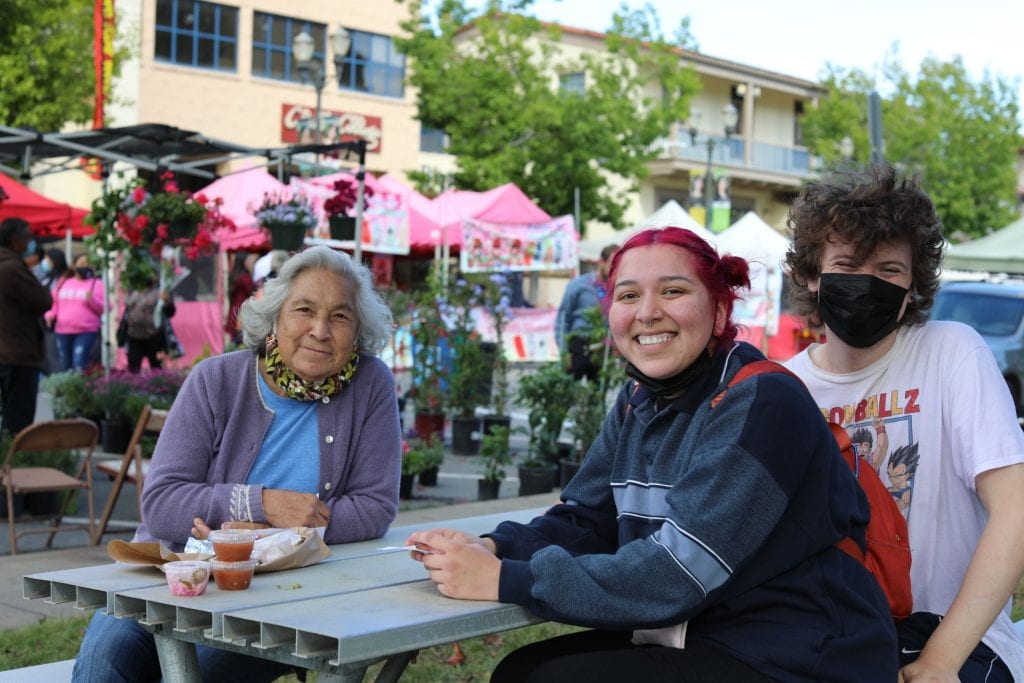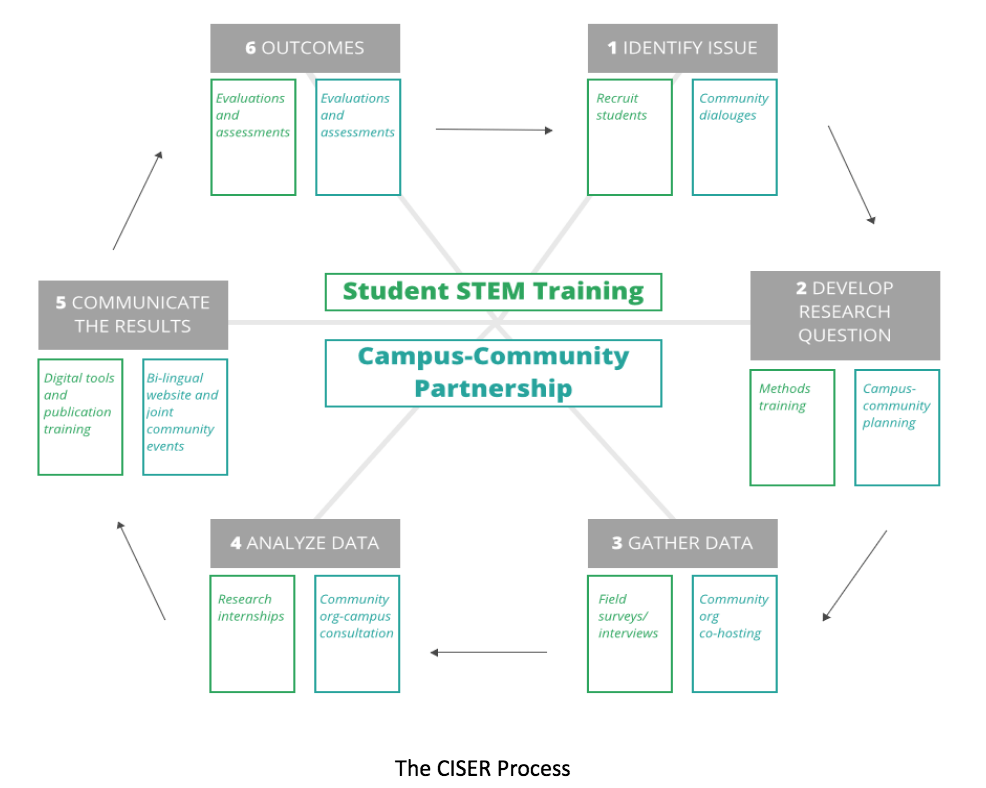
We Belong is a community-initiated student-engaged research project that addresses these questions by documenting the experiences of immigrant families, their contributions, and the obstacles they face. We aim to elevate immigrant voices, strengthen local community coalitions, and generate actionable knowledge to improve social services and inform policies to ensure ALL community members belong and thrive.
Despite efforts of diversity, Santa Cruz does not always feel welcome. Many Latiné mixed-status families describe not feeling a sense of belonging. Many participants experience and resist challenges that intertwine with different aspects of their identities. The results of this community-engaged research project include themes that are analytically separated into six prospective categories. Each theme includes definitions from the participant’s experiences of belonging and not belonging.
To understand the interconnections among each theme, one must first recognize the challenges that derive from the reproduction of institutional barriers. For example, the theme ‘Legal Issues, Advocacy, and Criminal Justice’ can represent job (in)accessibily due to work requirements, such as forms of documentation/identification. As emphasized by our participants, these requirements hinder immigrant communities’ access to employment. This barrier may lead to job (in)security, which then impacts a persons ‘Economic In/Security’. These institutional barriers create a ricochet effect that transcends beyond one individual and can affect a ‘Families’/Communities’ Health and Wellbeing’–such as food, housing, health care, and family separations.


